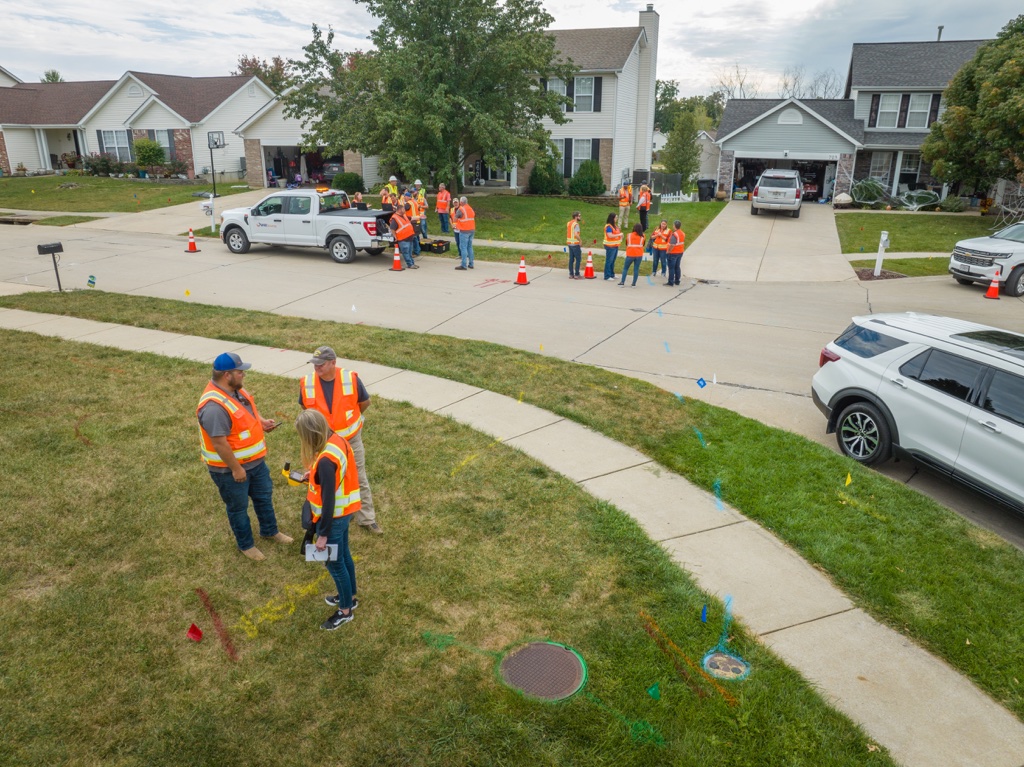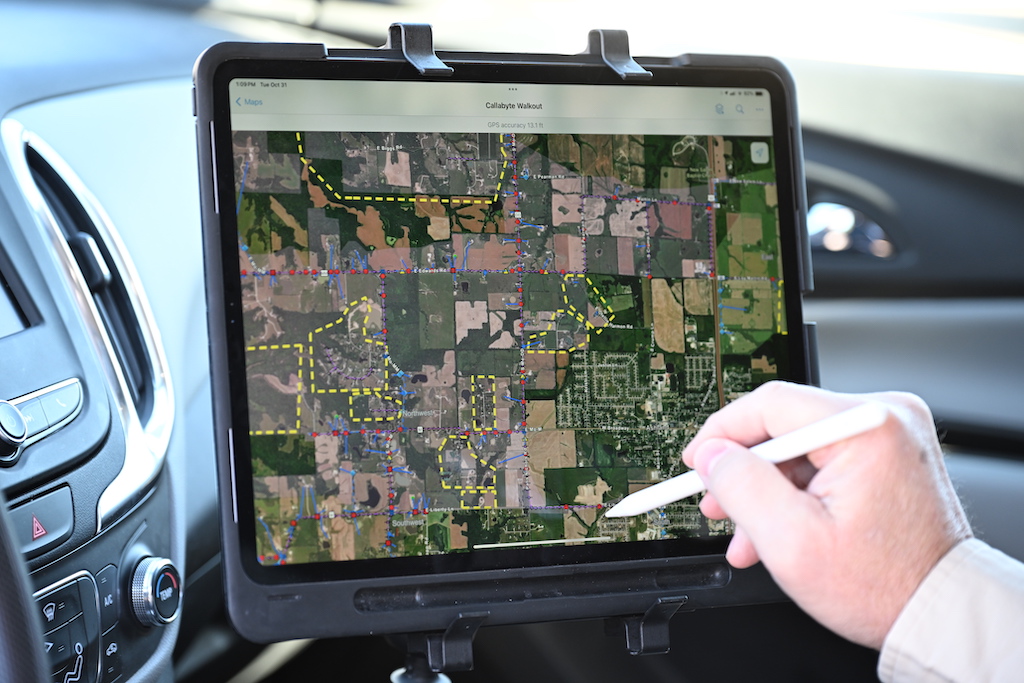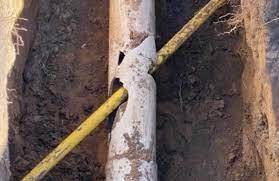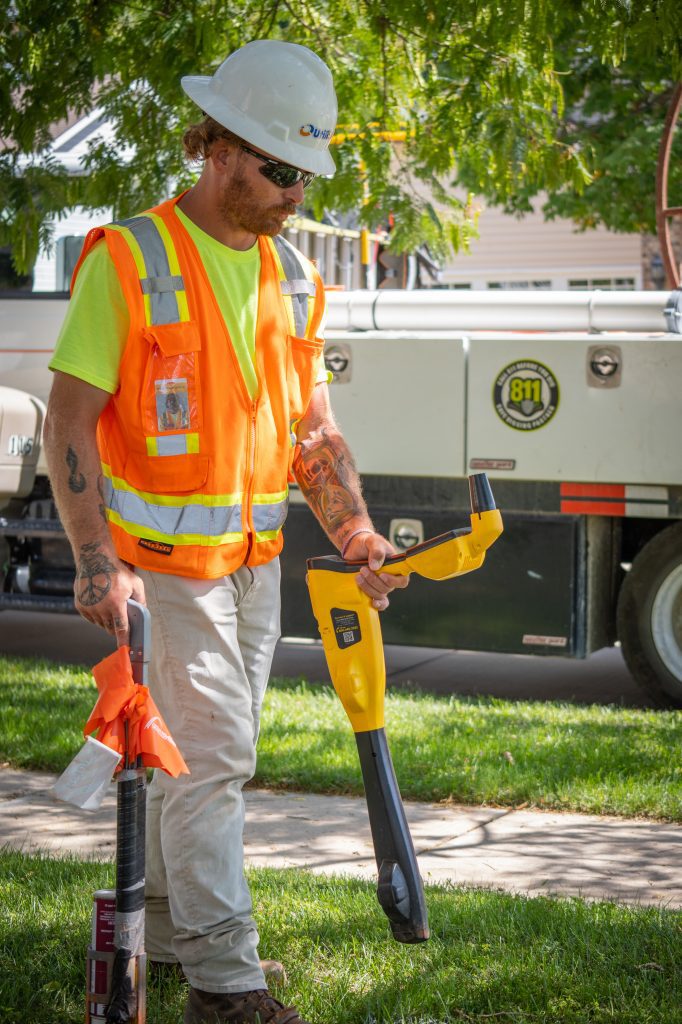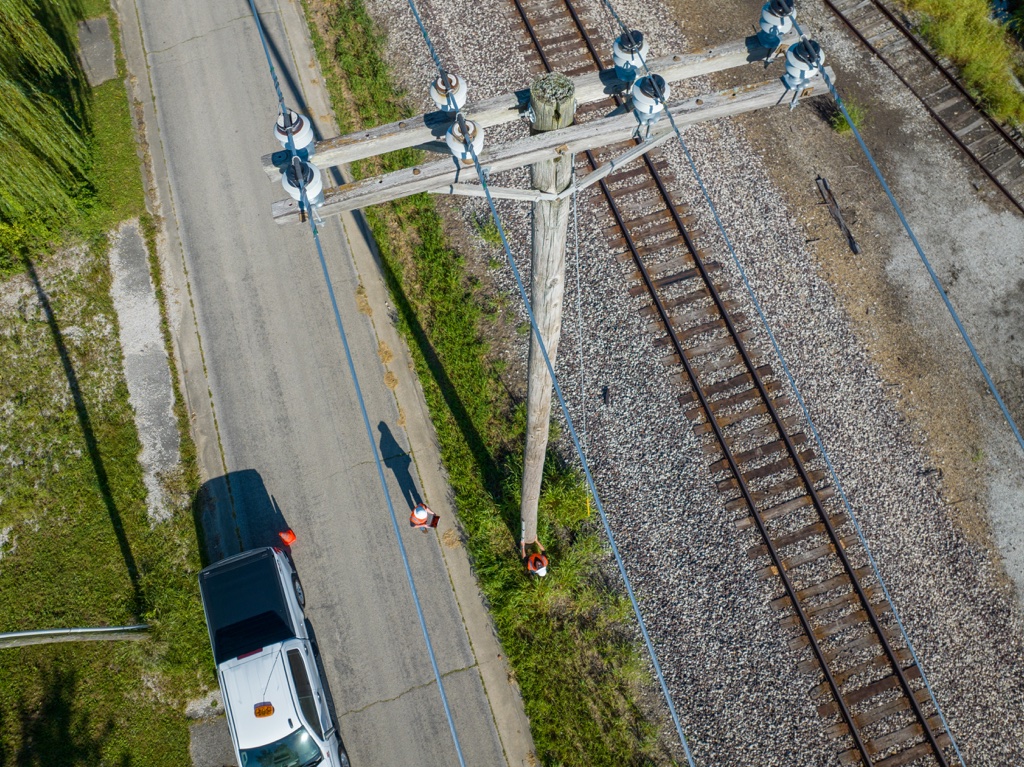Chances are, you’ve heard the word “broadband” thrown around when talking about internet connection. But, what does that actually mean, what is broadband internet connection and how does it work?
What is Broadband?
Broadband refers to a type of transmission technology that can transmit signals across long distances very quickly. Broadband internet is a high capacity technology that can transmit many forms of data including voice, video, and more. There are a few common types of broadband. These include fiber optics, cables, radio waves satellite, and DSL.
According to the Federal Communications Commission (FCC), for an internet connection to be categorized as broadband, it must offer speeds of 3Mbps for uploads and 25 Mbps for downloads. Fast internet speeds and access to broadband internet networks is critical in our digital world. In recent years, fast internet is considered 100 Mbps download speed and at least 10 Mbps upload speed.
You may be asking yourself, what’s the difference between WiFi and broadband? Wifi refers to the wireless connection between routers and devices and is a way to access the internet. Broadband is what fuels Wi-Fi, it is the actual connection to the internet that you receive through your internet service provider (ISP).
Types of Broadband
There are many different types of broadband internet connection available for you to use based on your own specific needs. Here are common types of broadband and its advantages:
- Fiber
Fiber, or fiber-optic broadband, is the newest innovation to internet connections. It is the fastest internet available at the moment. If you are looking for reliable, high speed internet access, fiber-optic networks are definitely for you. It is secure, reliable, fast, and can be used by multiple people at once without lags or glitches.
- Wireless
While WiFi is the actual wireless connection in your home, wireless internet broadband is the actual data transmission that happens to get you connected. Wireless communicates with your router to the world. Wireless can be used in your home and is great for people on the go. Most commonly, wireless broadband is used to get data to our mobile phones.
- Cable
When you think of cable, you probably first think of your TV, which is not necessarily wrong – as this is the same wiring used. This is another type of high-speed broadband that plugs directly into your modem and uses a coaxial cable and cable modem. This type of internet is fast and reliable. In addition, it is often available with your cable television plan, allowing you to bundle your cable with your internet.
- Satellite
Unlike many of the other types of broadband discussed, satellite internet uses radio waves to give you access to the internet. In rural areas, satellites are often more accessible than other types. One of the drawbacks on this type of network is slow speeds and reliability in bad weather.
- Digital Subscriber Line (DSL)
This type of broadband uses existing phone lines and uses them to transport data. These networks provide high data speeds and utilize existing infrastructure, i.e. telephone lines, to transmit data. These modem connections work on a point-to-point basis. This means that proximity to your service provider will affect the reliability and speed of your service.
The Argument for Broadband over Dial-Up
Dial-up is another way to access the internet that has slowly been fading away as access to broadband becomes more available and more reliable. While some believe that dial-up is more straightforward and simple, it is not as reliable as broadband, as only one device can use dial-up at a time. This means that if someone else is making a phone call or using your internet connection, you are out of luck and need to wait until they are finished.
Dial-up works through landlines to communicate data. It is often cheaper and more secure, but offers slow speeds and little versatility. As the world has become more online, broadband has changed the game, allowing you to access the internet from multiple devices at once. Once installed, broadband is always on and ready to go.
One of the biggest advantages of using broadband internet connection over dial-up internet connection is that it is faster than dial-up. Another key advantage is that it is always on and can be used across multiple devices at once. No more waiting for someone to get off the phone or finish using the computer to access the internet.
Broadband: High Speed Internet Service
Broadband technologies have changed the game of internet connection, allowing you to transmit large files, stream your favorite show, and access the internet from pretty much anywhere. Broadband service is the future of internet connection, as new innovations continue, expect faster speeds, more reliable service, and access to the internet from anywhere.


